Publications
Articles, publications, books, tools and multimedia features from the U.S. Institute of Peace provide the latest news, analysis, research findings, practitioner guides and reports, all related to the conflict zones and issues that are at the center of the Institute’s work to prevent and reduce violent conflict.
Question And Answer
Amid a Changing Global Order, NATO Looks East
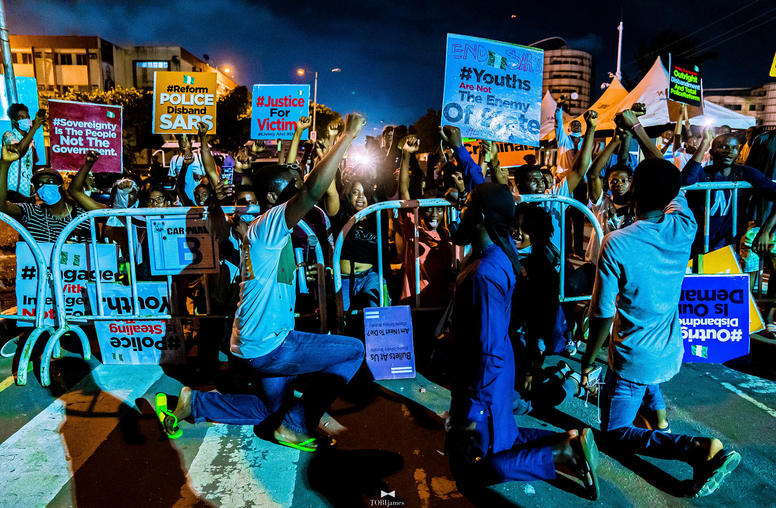
Protests Test Nigeria’s Democracy and its Leadership in Africa
Nigeria’s protests against police brutality already were the largest in the country’s history before security forces opened fire on a crowd in Lagos on October 20. The protest and bloodshed have only heightened the need for the government in Africa’s most populous country to end the pattern of violence by security forces against civilians. Leaders must finally acknowledge that this brutality has fueled violent extremism. How the Nigerian government will respond to citizens’ insistent demand for accountable governance will influence similar struggles—for democracy, accountability, nonviolence and stability—across much of Africa.

Ten Years After the Mayhem in Mumbai, is South Asia any Safer?
Moeed Yusuf discusses the impact of the November 2008 terror attacks in Mumbai, India, on the India-Pakistan relationship, crisis management in South Asia and the future of terrorism in the region.
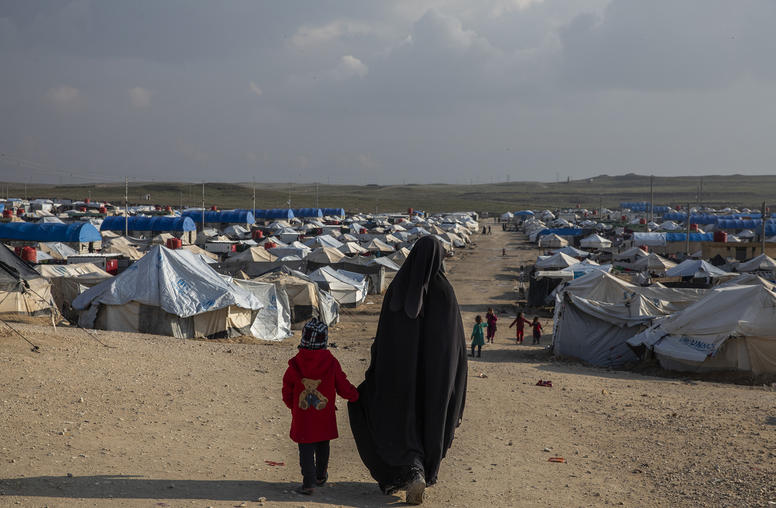
ISIS Returnees: Can Ex-Fighters Be Rehabilitated?
As the last pockets of the Islamic State’s “caliphate” collapse this month, nations far from the battlefield face an increasingly urgent challenge: How to reintegrate the group’s former militants as they come home and seek to disengage from extremist violence. For the officials in charge of the process, it’s an undertaking fraught with uncertainty whose failure could mean continued recruitment or even terrorism on their streets.

What Can Make Displaced People More Vulnerable to Extremism?
As the international community works to prevent new generations of radicalization in war-torn regions, debate focuses often on the problem of people uprooted from their homes—a population that has reached a record high of 68.5 million people. Public discussion in Europe, the United States and elsewhere includes the notion that displaced peoples are at high risk of being radicalized by extremist groups such as ISIS. Scholars and peacebuilding practitioners have rightly warned against such generalizations, underscoring the need to learn which situations may make uprooted people vulnerable to radicalization. A new USIP study from Afghanistan notes the importance of specific conditions faced by displaced people—and it offers indications suggesting the importance for policy of supporting early interventions to stabilize the living conditions of displaced people after they return home.
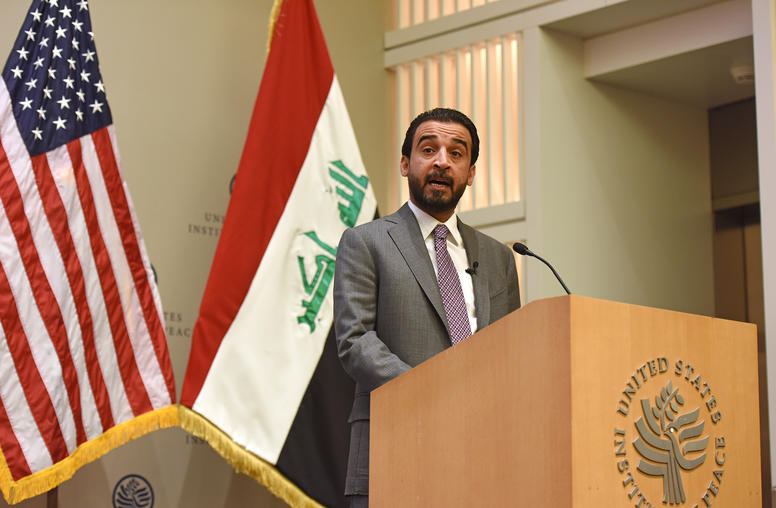
Iraq’s Leading Lawmaker Warns Aid Needed to Finish Off ISIS
Iraq is beginning to stabilize after its military victory against ISIS, but international assistance—without political meddling—remains badly needed to rebuild its economy and social fabric, the speaker of Iraq’s parliament, Mohamed al-Halbousi, said.
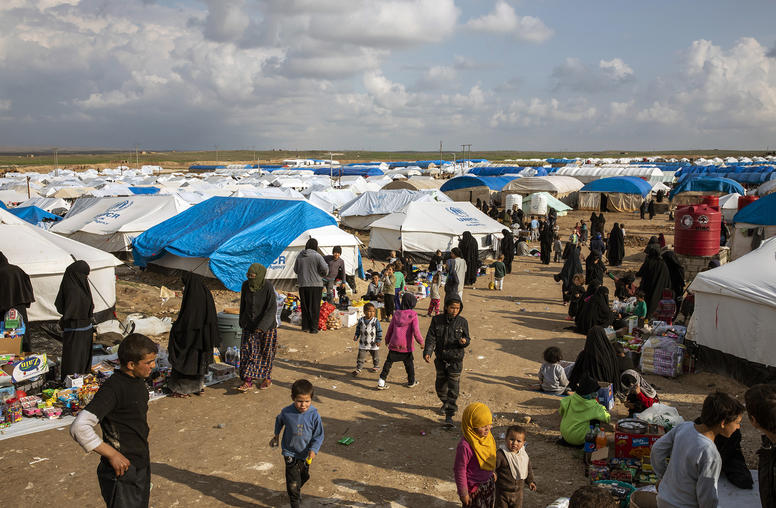
To Truly Defeat ISIS, Describe its Returnees as ‘People’
More than 100 countries, from Kosovo to Indonesia to Tunisia, face the security challenge of what to do with their citizens who traveled to join the so-called Islamic State. In dealing with perhaps tens of thousands of former ISIS participants—more than 9,000 in Syria’s Al Hol camp alone—simplistic solutions are at best inadequate and naïve, and at worst counterproductive and irresponsible. These include notions of indefinitely detaining or abandoning these populations in makeshift camps, or stripping their citizenship en masse. While many can be returned home to face trial, prosecution will be impossible for others. Thousands...
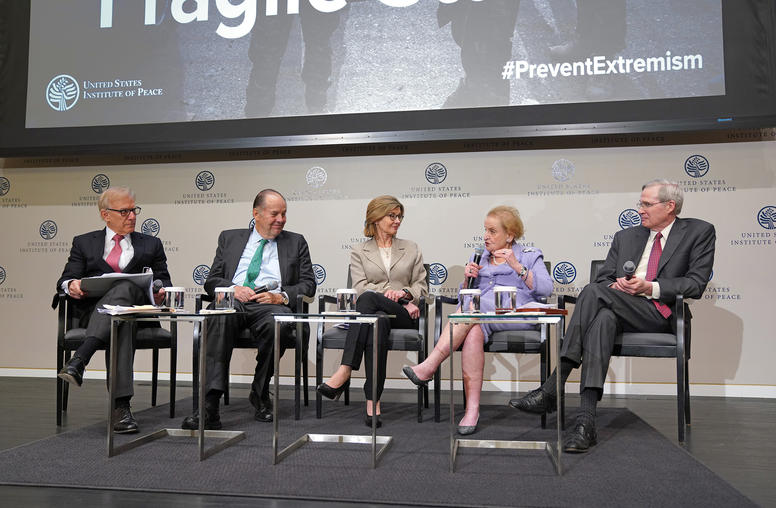
Fragile States and Violent Extremism: New Ideas for a Policy of Prevention
On April 21, suicide bombers in Sri Lanka reminded the world that the end of the Islamic State’s “caliphate” by no means marked the defeat of violent extremism. Indeed, despite trillions of dollars spent and tens of thousands of lives lost, terrorism is spreading. The urgency of checking the ideology behind terrorism, particularly where the ground for it is most fertile, has never been greater, said members of the Task Force on Extremism in Fragile States this week at the U.S. Institute of Peace.
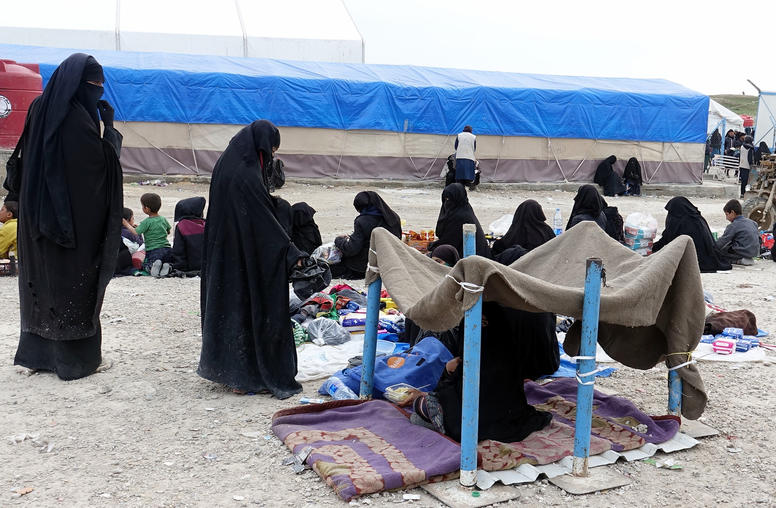
A Visit to Post-ISIS Syria: Human Crises Pose Risk
After losing its last territory in Syria on March 23, 2019, the Islamic State quickly reclaimed global attention with the Easter bombings in Sri Lanka on April 21 and a video tape of its reclusive leader, Abu Bakr al-Baghdadi, on April 29. The jihadi movement is now shifting focus to its ISIS branches, or “provinces,” in Africa, Asia and Europe. Baghdadi signaled ISIS’s expansion by formally embracing two Sunni extremist groups in Mali and Burkina Faso. But the Islamic State’s human core—more than 100,000 fighters and their families, including children—remains clustered in the rubble of its former “caliphate” in both Syria and Iraq. In Syria, they are detained in makeshift prisons, a hospital and refugee-style camps in the desert of northeastern Syria. USIP Senior Fellow Robin Wright made a rare tour of northeastern Syria to interview men and women who were part of the ISIS caliphate and to assess the risks posed by the post-caliphate crisis.
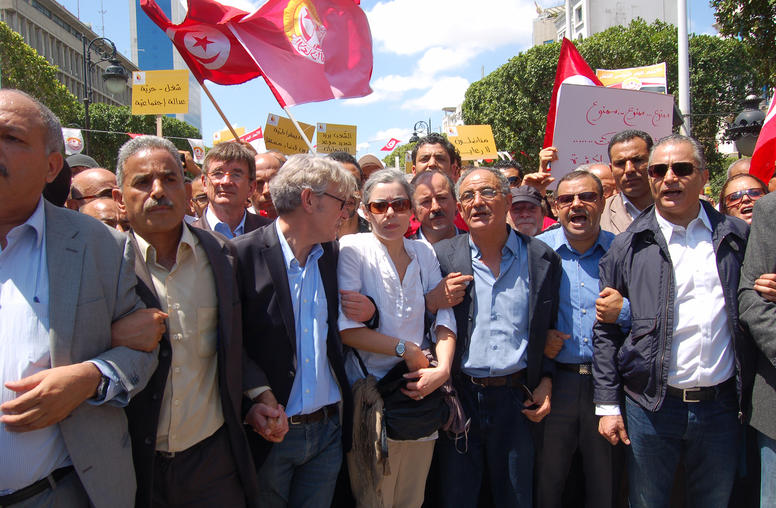
How Civil Society Can Help Prevent Violence and Extremism
Editor’s Note: Congress charged the U.S. Institute of Peace with convening the Task Force on Extremism in Fragile States. Following the public launch of the Task Force’s final report, four groups of experts came together to discuss how to implement the report’s recommendations. This four-part series will discuss the findings from these strategy sessions. Part one summarizes expert discussion on how civil society actors are preventing violent extremism and building resilience in their communities and practical ways the U.S. and other international actors can more effectively interact with civil society to bolster its role in prevention.
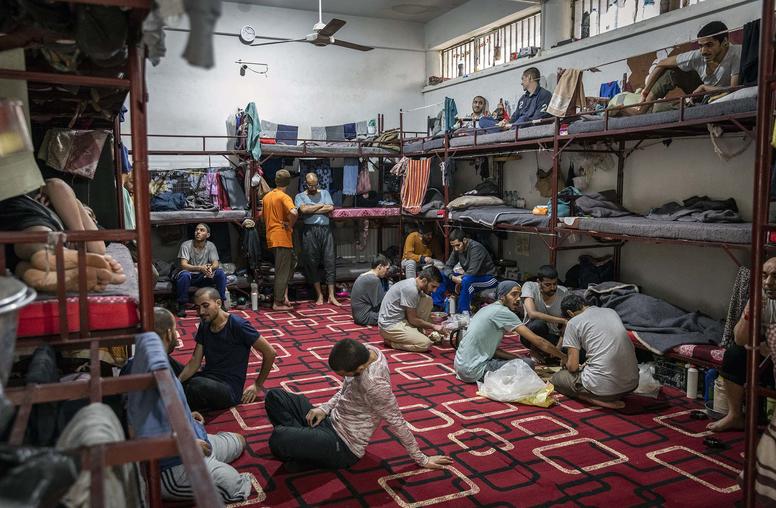
Guns, Camps and Deradicalization: Violent Extremists in Conflict Zones
Violent extremists make civil conflicts more complex and less manageable. Whether in the Middle East, Africa or South Asia, one of the many problems presented by conflicts involving violent extremists is how to deal with these combatants and associates when they surrender or are captured. There have been many attempts to disengage, deradicalize, rehabilitate and reintegrate violent extremists around the world, but most research focuses on stable settings such as Western Europe and North America. What, then, do we know about how to do this in the middle of conflict?